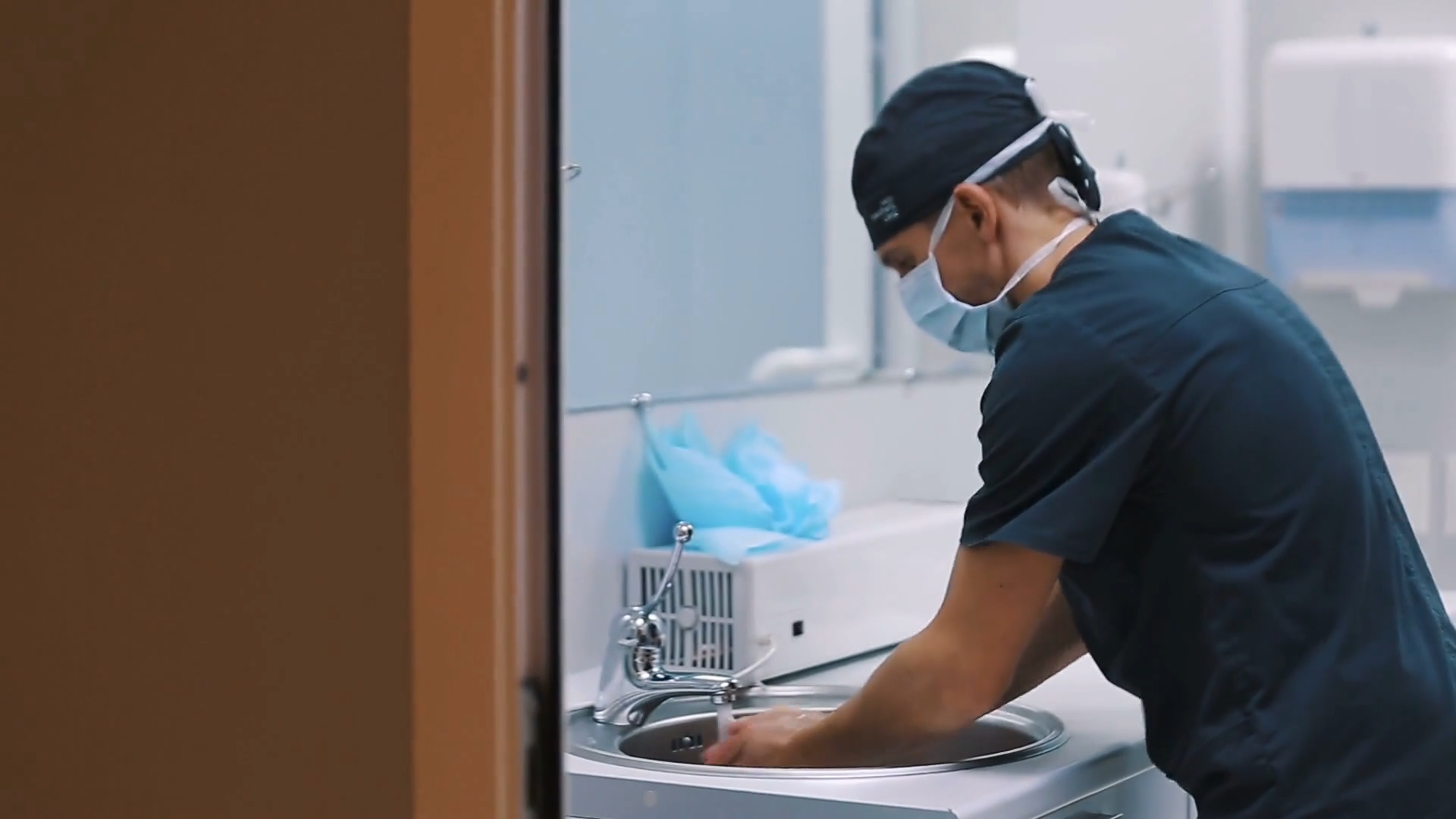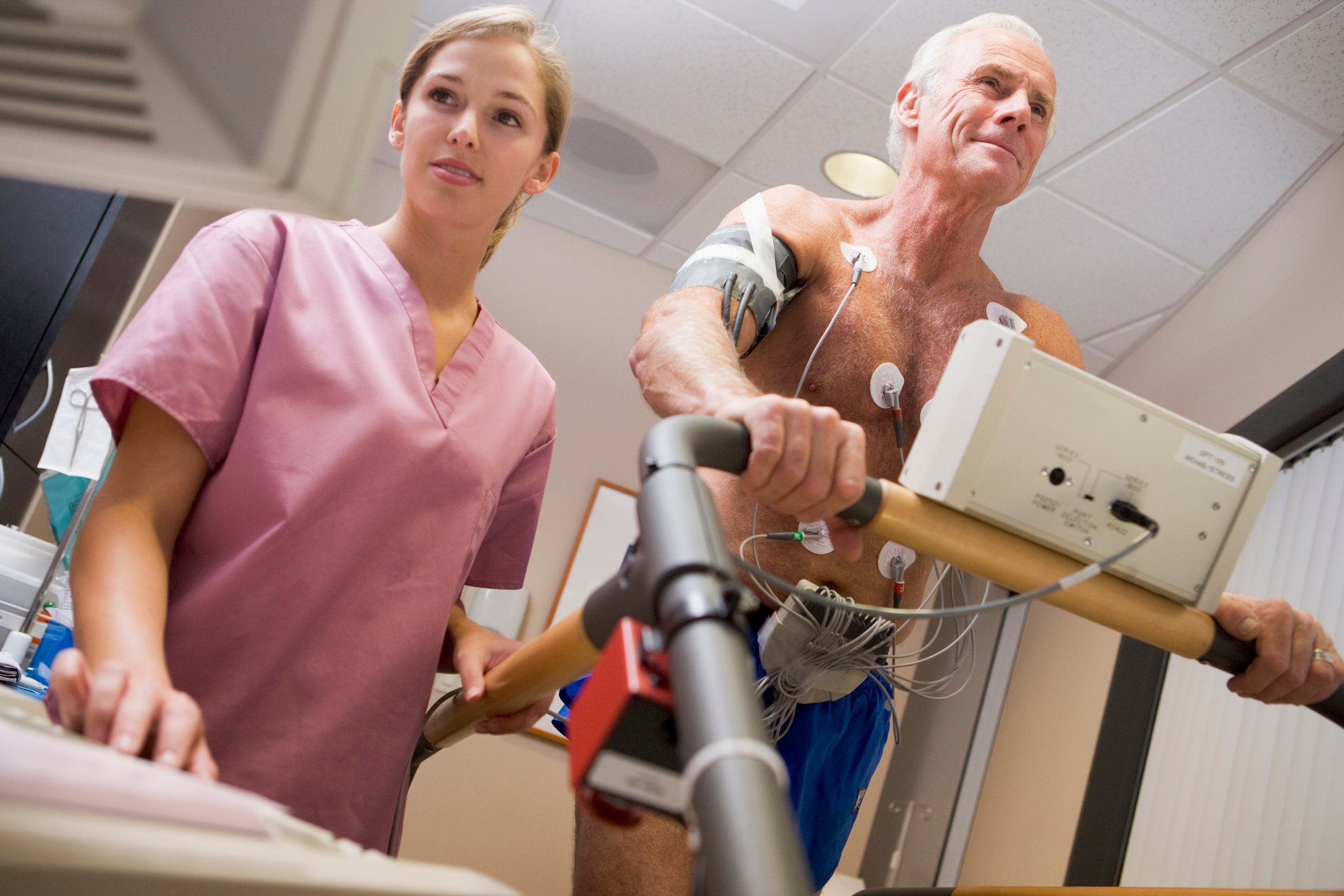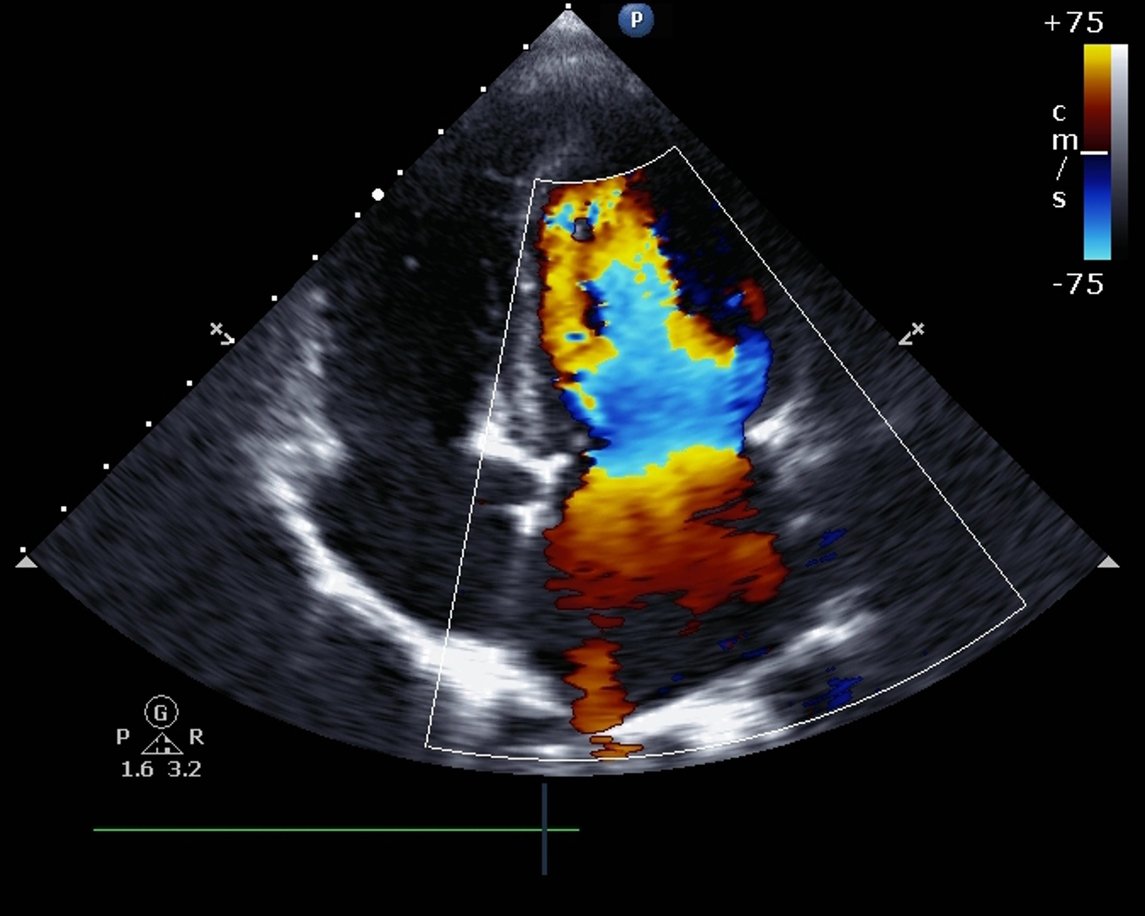Any surgical procedure is a daunting prospect for patients. If it’s the first time a patient is having surgery, it can be frightening as well. Anxious patients often have questions or concerns that need to be adequately addressed. Putting these patients at ease is essential to their recovery and ensuring their ASC experience is positive.
Want to stay in the know on the latest ASC tips and topics?
Recent Posts
Looking for Something?
Categories
- ASC (82)
- ambulatory surgery center (82)
- video (36)
- nurse guide (29)
- patient communication (27)
- patient satisfaction (27)
- covid19 (26)
- surgical facility (25)
- business and finance (22)
- technology (22)
- patient engagement (19)
- ambulatory software (18)
- pre-admissions (16)
- Case Study (14)
- ambulatory surgery center software (11)
- outpatient surgery (11)
- culture of safety (10)
- complex cases (8)
- or volume (8)
- administrator (7)
- employee satisfaction (7)
- infection control (7)
- outpatient surgery software (7)
- risk management (7)
- solutions (7)
- cardiac (6)
- disinfect (6)
- patient tracking (6)
- postop (6)
- total joint (6)
- document management (5)
- implementation (5)
- patient survey (5)
- surgery scheduling (5)
- ASC Everyday Heroes (4)
- hiring (4)
- job security (4)
- payment plan (4)
- preop (4)
- scheduling (4)
- security (4)
- surgery center (4)
- women in healthcare (4)
- ASC booking (3)
- CMS (3)
- CMS requirements (3)
- Derek's Corner (3)
- best practices (3)
- data integration (3)
- everyday heroes (3)
- outpatient surgery center (3)
- patient registration (3)
- preop nurse (3)
- revenue (3)
- senior patients (3)
- specialty procedures (3)
- texting (3)
- vendor management (3)
- ASC quality reporting (2)
- Accreditation (2)
- GI (2)
- ambulatory surgery center surveys (2)
- burnout (2)
- cancellations (2)
- clinical (2)
- cost (2)
- digital chart storage (2)
- healthcare consumerism (2)
- hygiene (2)
- new hire (2)
- patient charts (2)
- patient risk (2)
- payments (2)
- screening (2)
- sleep study (2)
- time management (2)
- 2021 (1)
- 4 tips (1)
- Accredited (1)
- Billing (1)
- ERAS (1)
- One Mnet Health (1)
- SaaS (1)
- capnography (1)
- certfication (1)
- colonoscopy (1)
- conscious sedation (1)
- corona virus (1)
- customer spotlight (1)
- diagnosis (1)
- elderly patients (1)
- endo (1)
- intubation (1)
- laryngoscopy (1)
- marketing (1)
- obesity (1)
- online pre-admissions (1)
- outsourcing (1)
- patient (1)
- patient finance (1)
- patient satifaction (1)
- payment (1)
- personalized care (1)
- physician offices (1)
- pricing (1)
- recovery (1)
- sleep apnea (1)
- staff burden (1)
- staffing shortage (1)
- surgery center management software (1)
- top 12 (1)
- vendor communication (1)
- vendors (1)
Price transparency is increasingly becoming part of ASCs’ efforts to improve the patient experience. Here’s why it’s so important.
A culture of safety is essential to maintaining consistently high health standards for patients, personnel, and surgeons. While all Ambulatory Surgery Centers strive for safety, having a culture focused on this means taking it a step further. It has to become a seamless feature of every activity and transaction in the ASC. How do you achieve a culture of safety, where safety is more than just a buzz word?
Do your ASC patients know your expectations? COVID-19 has changed how all businesses operate, but none are as affected as the healthcare industry.
As ASCs look at ways to run more efficiently, it’s natural to look for strategies to streamline processes with your vendors. With vendors, however, good relationships are key. How can you maintain good relationships with vendors while still maximizing your time?
Case cancellations can be a frustrating hiccup in ASCs. What would you say if I told you that most cancellations are caused by improper patient assessments or poor communication? Here's how.
Attracting and retaining the best physicians is a constant process. You can do several things to help you garner interest from outstanding physicians in your area and maintain those associations.
Communication is a two-way street. It’s crucial for patients and staff of ambulatory surgery centers, ensuring positive outcomes. Efficient and effective patient communication can be challenging to establish with some patients, who may be resistant to talking about medical problems or feel uncomfortable with ASC staff. Patients may also be worried or fearful, which can shut down communication. There are ways to improve patient communication with a few simple adjustments in your ASC routines.
This is blog 2 of 3 that explains the ins and outs of pre-admissions cardiac testing from my perspective. As an anesthesiologist, with over 30 years of experience, I’ve done everything from open heart and liver transplant to fast-paced ASCs and pain management. My goal is to provide a common-sense explanation that helps ASC preop nurses to better understand cardiac testing in the context of a preop evaluation for ambulatory surgery.
So here’s what I can tell you: If stranded on a deserted island (or is it a desert island!?) doing anesthesia on old folks and I could have only one cardiac test, the cardiac echo would be it. Hands down. Stop the show.











